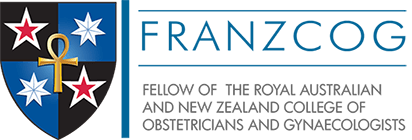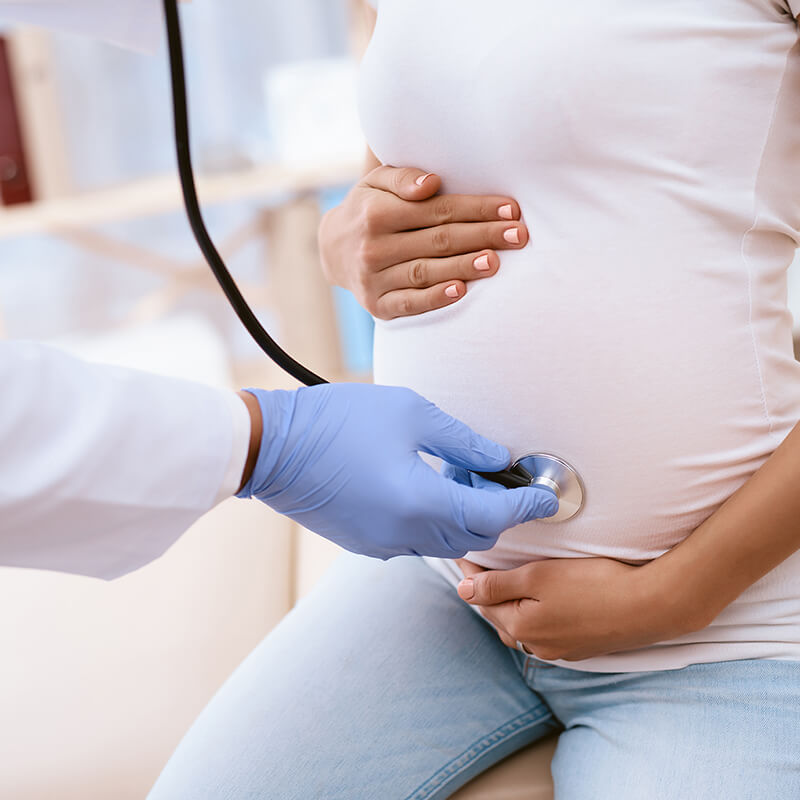“You deserve the best care”
I believe that when it comes to choosing a fertility specialist, you deserve the best care. I have had the privilege of building my experience over the last 20 years, providing gynaecological, obstetric and fertility care.
I am proud to offer all aspects of fertility care ensuring you are given the best chance at falling pregnant. With decades of experience, I am highly qualified to help you with fertility treatment, whether the cause is age, ovulation disorders, male factors, or something else entirely. I provide support at any time, day or night, and I believe that knowledge is empowering; that is why I encourage you to ask any questions you have.
I am the clinical director of Fertility Specialists WA - Applecross. I am also an examiner with RANZCOG and an adjunct senior lecturer at Notre Dame’s School of Medicine in Fremantle.
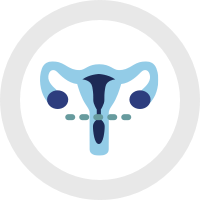
Ovulation induction
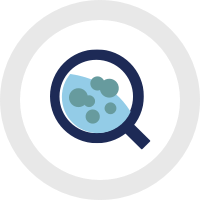
Artificial insemination
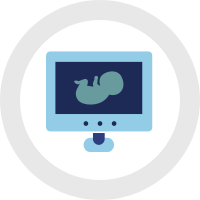
IVF Treatment
IVM or In Vitro Maturation

Dr Chris Nichols - Perth
Fertility SpecialistFor over 20 years, I have worked as a specialist gynaecologist, obstetrician and fertility specialist. Before that, I was a rural general practitioner.
Over ten years ago, with the help of Fertility Specialists of Western Australia, I established Perth’s first fertility clinic south of the river, then called Fertility Specialists South, now just part of Fertility Specialists of WA. Outside my role as a specialist, I am happily married, a father and a passionate cyclist.
Contact
Fertility practiceContact Details:
Consulting rooms address:
Fertility Specialists of WA,
Level 1, 764 Canning Hwy,
Applecross WA 6153
Operating address:
South Perth Hospital, 76 South Terrace, South Perth WA 6151


